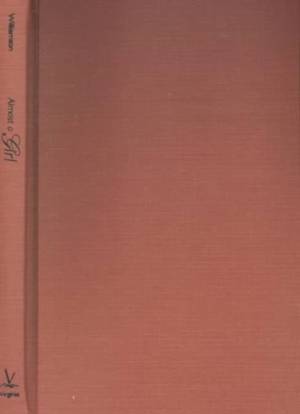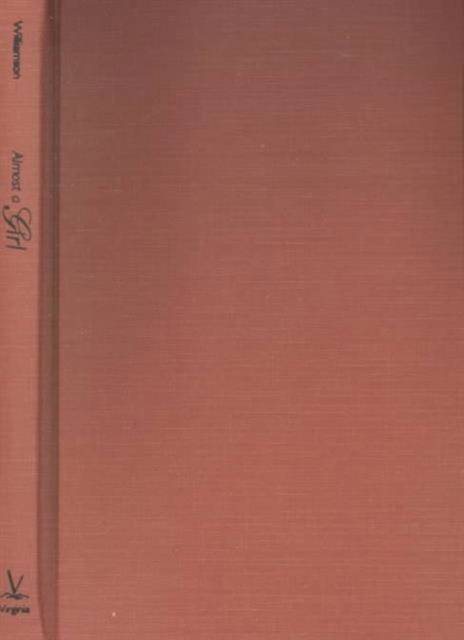
- Afhalen na 1 uur in een winkel met voorraad
- Gratis thuislevering in België vanaf € 30
- Ruim aanbod met 7 miljoen producten
- Afhalen na 1 uur in een winkel met voorraad
- Gratis thuislevering in België vanaf € 30
- Ruim aanbod met 7 miljoen producten
Omschrijving
Gender criticism, Alan Williamson argues, has for too long been shaped and limited by the same dualisms that have defined male versus female literary voices in Western culture. Certain emotions expressed in literature are considered "feminine," certain emotions are typed as "masculine," and there is little room in critical studies for the male writer who shares in feminine experiences or who finds himself on the wrong ideological side of those firmly gendered dichotomies.
Confined by such strict codes, male writers--homosexual, bisexual, or heterosexual--possessing the sensibilities typecast as feminine often face a crisis of gender identity. They struggle to overcome early childhood experience and adult cultural expectations as men with feminine creative emotions that are often repressed in more conventionally masculine lives.
Almost a Girl challenges both feminist orthodoxy and men's movement thinking to show how several important male writers have drawn creative strength from their identification with, even envy of, a positive image of the feminine. Williamson opposes the feminist argument that men cannot really empathize with female experience, as well as the men's movement's insistence that female identification is common but psychically dangerous. As he explores the psychic confusion, even torment, and ambivalence toward women that accompanied their mixed gender identification, Williamson honors the works and imaginative courage of such diverse writers as Rainer Maria Rilke, Randall Jarrell, D.H. Lawrence, and Cesare Pavese.
Specificaties
Betrokkenen
- Auteur(s):
- Uitgeverij:
Inhoud
- Aantal bladzijden:
- 185
- Taal:
- Engels
Eigenschappen
- Productcode (EAN):
- 9780813920399
- Verschijningsdatum:
- 29/04/2001
- Uitvoering:
- Hardcover
- Formaat:
- Genaaid
- Afmetingen:
- 161 mm x 234 mm
- Gewicht:
- 480 g

Alleen bij Standaard Boekhandel
Beoordelingen
We publiceren alleen reviews die voldoen aan de voorwaarden voor reviews. Bekijk onze voorwaarden voor reviews.











